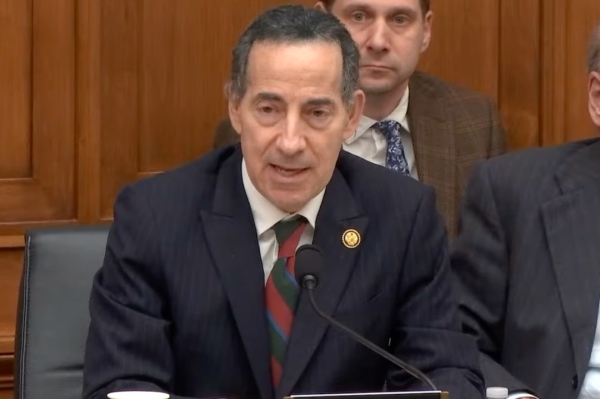Judge Strikes Down Christian License Plate
South Carolina's "I Believe" license plate that features an image of a cross in front of a stained-glass window has been ruled unconstitutional.
U.S. District Judge Cameron McGowan Currie said the specialty license plate was motivated by a purpose to advance a specific religion and has the effect of state endorsement of Christianity.
The Rev. Barry W. Lynn, executive director of Americans United for Separation of Church and State, praised the decision, commenting, "Government must never be allowed to express favored treatment for one faith over others. That's unconstitutional and un-American."
State lawmakers had unanimously passed legislation last summer authorizing the plates. Republican Senator Lawrence K. Grooms, one of the sponsors of the bill, said he didn't see a constitutional problem with it, noting that the state issued plates with other religious symbols and phrases.
Critics, however, said the new law was a violation of the separation of church and state. Americans United for Separation of Church and State filed a lawsuit on behalf of four local clergy who felt the legislation isolated other faith groups.
Judge Currie issued a preliminary injunction in December, halting the production of the plate.
In her ruling Tuesday, she issued a permanent injunction, saying the case presents "a textbook example of the need for and continued vitality of the Establishment Clause of the First Amendment."
"In God We Trust" and "In Reason We Trust" tags are available in the state but the process by which they were obtained was not similar to that used to obtain the "I Believe" plate, the judge noted.
While the "I Believe" plate was obtained through specific legislation and had a governmental sponsor, Lt. Gov. Andre Bauer, the "In Reason We Trust" plate was obtained through the DMV process and sponsored by a private organization.
Currie further noted that Bauer – in rallies leading up to the passage of the legislation – had characterized the issues in the case as a dispute between atheists, who were able to obtain a special plate, and Christians, who could not. That suggested the measure's aim was to foment political division along religious lines – "one of the principal evils against which the First Amendment was intended to protect," the judge said.
Bauer responded Tuesday, saying he was personally offended by Currie's ruling.
"For those who say proclaiming 'I believe' violates the constitution by giving preference to Christianity, I think this lawsuit clearly discriminates against persons of faith," he said.
Americans United for Separation of Church and State pushed back, arguing that the lawsuit actually prevents discrimination against persons of faith. The Washington, D.C.-based organization cited previous interviews when state lawmakers told media they would not support a Wiccan, Buddhist, or Muslim tag.
"The passage of this license plate made adherents of other faiths feel like second-class citizens," the group stated.
For Bauer, the "I Believe" license plate "reflects core values that are meaningful to our society, promoting love, joy, and comfort in our spiritual lives, and accommodating to every citizen's right of free exercise of any and all religions."
"I don't understand why witnessing for fundamental, enduring values is controversial or threatening," he said.
Bauer plans to appeal the ruling.





















